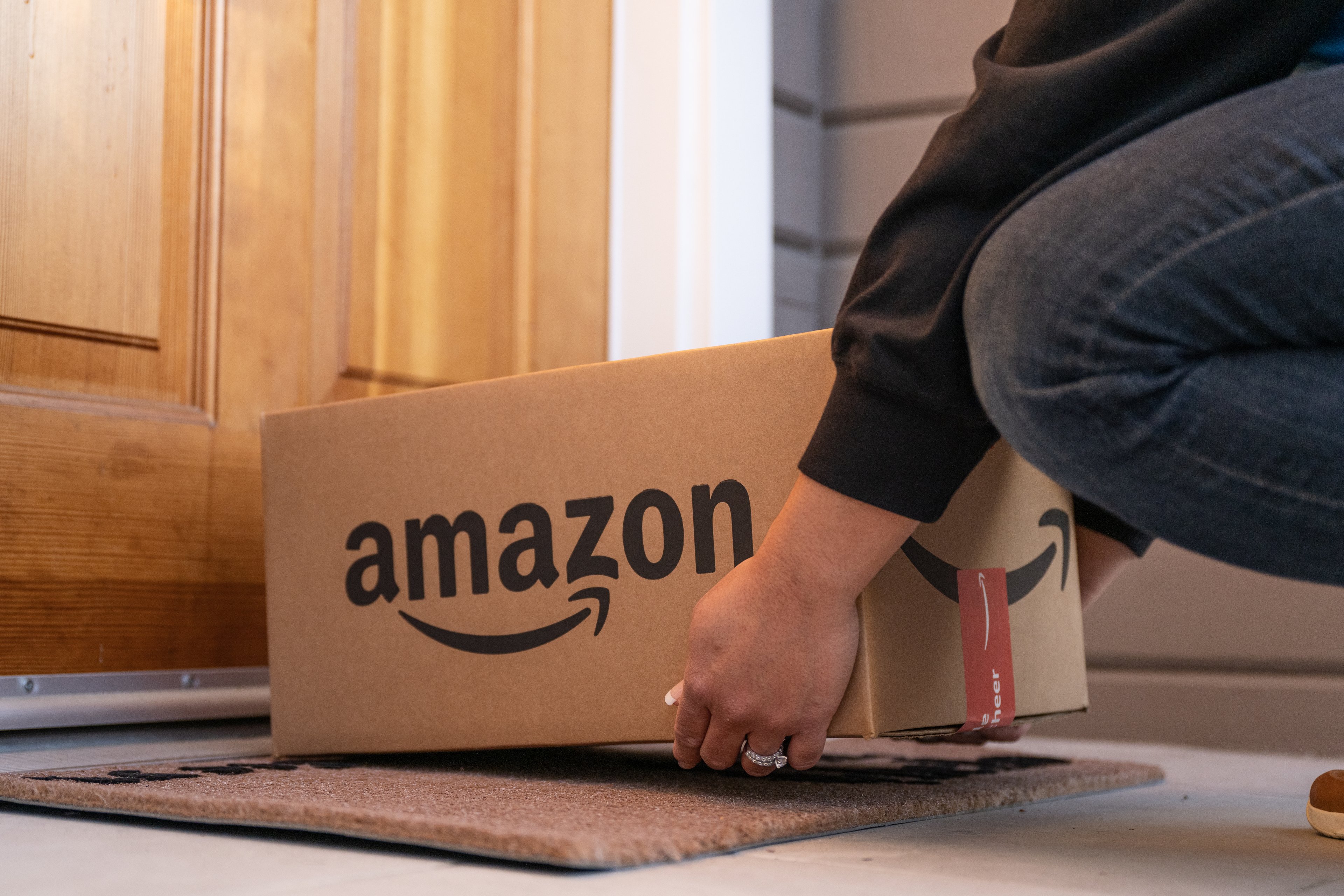Amazon.com (AMZN 1.02%) is putting on its game face. One of the neat features of yesterday's Fire TV unveiling is that it will also serve as a gaming console. Amazon spent a fair amount of time during yesterday's media event to show off the games -- both in-house releases as well as diversions from leading developers -- that can be played through the new set-top device.
Amazon isn't simply phoning it in here. There are more than 100 free or nearly free games now, and it expects thousands of titles to be available before long. The modest remote doesn't have a lot of buttons, but Amazon's got gamers covered. It also introduced a $39 video game controller that die-hard gamers can use to play Fire TV games with a more familiar form factor.
Are we at the point where traditional gaming platforms and retailers should start to get worried? Microsoft (MSFT 0.83%) and Sony (SNE 0.85%) have sold millions of their new consoles since November's launch of the Xbox One and PS4. GameStop (GME +4.69%) is coming off a holiday quarter where strong console sales paved the way to robust same-store sales growth. It doesn't seem likely that a $99 set-top media player running on a tweaked version of Android could be much of a threat to traditional gaming. Where's the optical disc drive to hold the chunky game files? Where's the storage capacity? Where's the live network for intense multiplayer engagement?
Fire TV obviously isn't perfect. It has a long way to go to gain street cred with gamers that will see the first batch of games as little more than glorified apps. However, let's not write off Android's chances of becoming a viable gaming platform outside of casual and social titles. There are already a few Android-based gaming devices on the market. Ouya, G-Box, and others have been on the market at similar price points to Fire TV, and there are also a couple of handheld Android systems. The one thing keeping Android-based video games from going mainstream outside of tablets and smartphones is the awareness that Amazon will bring to the table.
GameStop should be worried. Amazon's counting on digital delivery to sell Fire TV diversions, sidestepping the physical stores and the eventual trade-in of pre-owned software that drive a sizable chunk of GameStop's profits. Microsoft and Sony should be worried, too. Fire TV games may never be as engrossing as full-blown console titles, but Amazon revealed yesterday that the average price for a game at launch is a mere $1.85. This is the kind of pricing that disrupts the perceived value of games in general, limiting the appeal of $60 disc-based releases for Microsoft and Sony.
The key here is naturally market penetration. Fire TV is going to be popular, but will it sell millions or tens of millions? The bigger it gets, the wider the developer support will be to put out games that will improve in quality over time.
You can't blame Amazon for giving Fire TV a surprisingly large role in the realm of gaming. Microsoft and Sony spent a lot of time during the Xbox and PlayStation unveiling presentations showing off their TV viewing features. Set-top devices truly are multimedia devices, and that's why Fire TV streams music, plays photo slideshows, and serves up games. It's not just about the video.
Amazon's coming for you, video game industry.









